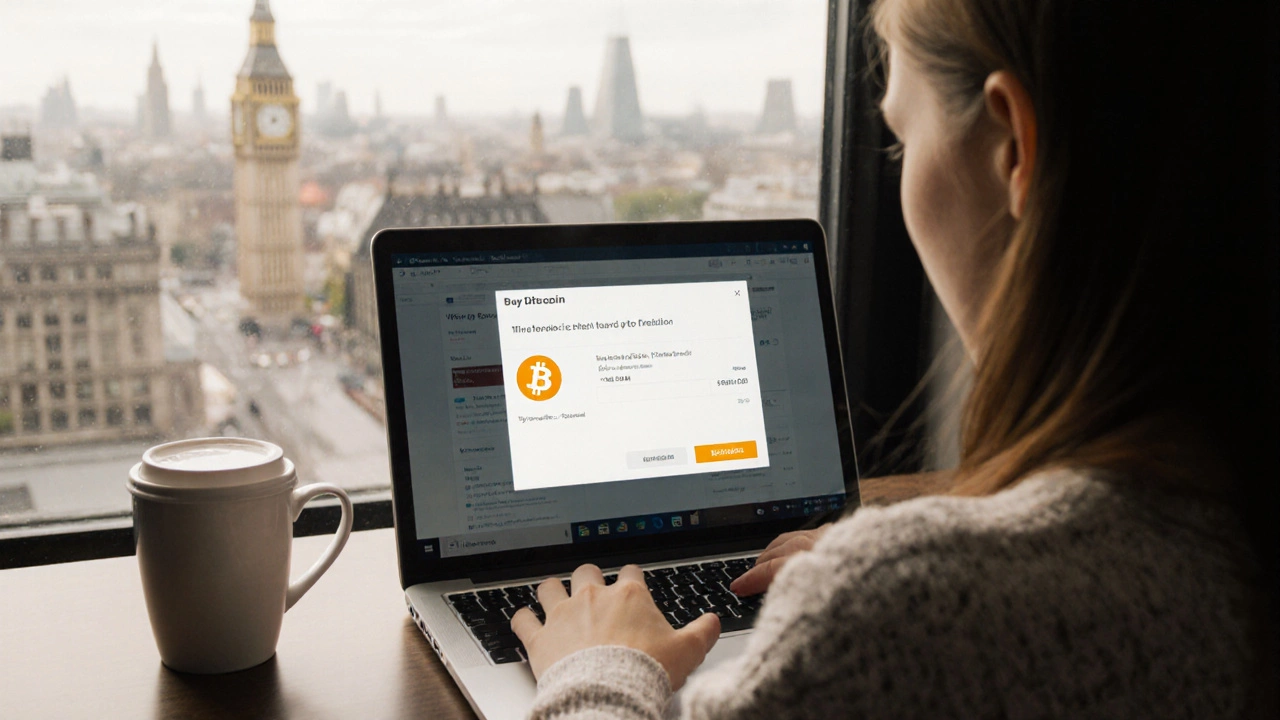Peer-to-Peer Bitcoin: How Direct Crypto Trading Works and What You Need to Know
When you buy peer-to-peer Bitcoin, a method of buying and selling Bitcoin directly between individuals without a middleman like an exchange. Also known as P2P crypto trading, it lets you pay with bank transfers, cash, or even gift cards—no account approval needed. This isn’t just for tech fans. It’s how people in countries with strict banking rules or unstable currencies get access to Bitcoin safely and quickly.
What makes peer-to-peer Bitcoin different? It removes the middleman. Instead of trusting a platform like Coinbase or Binance to hold your money, you deal face-to-face (or chat-to-chat) with another person. That means you control your Bitcoin the moment you pay. But it also means you’re responsible for spotting scams. A Bitcoin wallet, a digital tool to store, send, and receive Bitcoin securely. Also known as crypto wallet, it becomes your most important tool. If you don’t know how to use one properly, you risk losing your coins forever. That’s why most guides on this topic focus on wallet security, two-factor authentication, and never sharing your private keys.
Peer-to-peer Bitcoin also ties into Bitcoin security, the practices and tools used to protect Bitcoin from theft, hacking, and fraud. Also known as crypto safety, it isn’t just about passwords. It’s about choosing trusted platforms, verifying identities, using escrow services, and avoiding pressure tactics. Many of the posts here show real cases where people lost money because they rushed a deal or ignored red flags. Others walk you through setting up a hardware wallet or using LocalBitcoins and Paxful the right way.
You’ll find posts that explain how to start with as little as $20, how to avoid fake escrow scams, and why some sellers ask for ID even when it’s not required. There’s also advice on taxes—yes, even P2P trades can trigger tax events. And if you’re wondering why someone would sell Bitcoin for cash in a park, the answers are in the real stories: people avoiding bank fees, bypassing capital controls, or just preferring privacy.
There’s no bank here. No customer service line. No one to blame when things go wrong. That’s the trade-off. Peer-to-peer Bitcoin gives you freedom—but only if you know how to use it. The posts below cover exactly that: the tools, the traps, the tactics, and the true cost of going solo in crypto. Whether you’re new or just looking to trade smarter, you’ll find real, no-fluff advice that works today.
Who Gets the Money When You Buy Bitcoin? The Real Players Behind the Transaction

When you buy Bitcoin, the money goes to the seller-not a company or miner. Understand who really benefits and how exchanges, peer-to-peer trades, and mining fit into the picture.
Read More >>